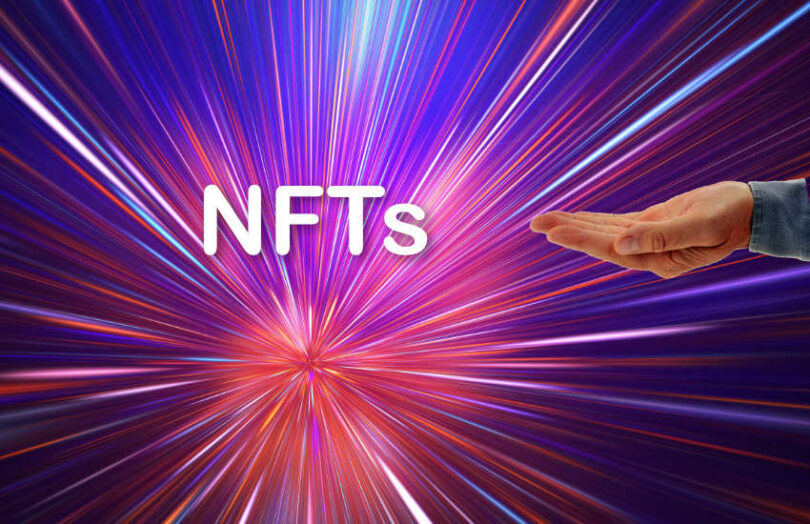Earlier this week, Porsche minted its first major NFT collection, which was notable for two reasons. Firstly, a lack of demand resulted in the automotive company halting the mint [priced at .911 ETH ($1,500)], reducing the supply from the proposed 7,500 NFTs to 2,363. The price on OpenSea is now well above the mint price. The other novel feature was a clear statement about the purchaser’s right to be reimbursed, a topic we’ll explore here.
EU right to refund
European law has a fairly well-known requirement that there’s a 14 day cooling off period for online and mail order purchases, allowing consumers to return items for no reason.
Hence, Porsche explicitly included wording to this effect at the point of checkout. And the more detailed terms also imply a refund of blockchain gas fees.
However, there’s invariably a timing difference between agreeing to buy a new NFT and the NFT being minted. When the user agrees to proceed with the mint, there’s then additional Porsche wording that the right to a refund no longer applies.
How does that work?
The EU cooling off legislation (which the UK also implemented pre-Brexit) doesn’t cover everything. For example, it excludes consumables and custom-made items. You can’t order food online, eat it and then ask for the money back just because you feel like it. The same applies to other consumables such as flights, hotels, concerts and video streaming.
Likewise, you can’t return personalized items like a tailor-made suit. Porsche’s NFTs involve a choice of basic designs with user-selected customizations. So the customization classification likely applies. And the customization only starts when the minting commences.
What if the NFT refund wording is omitted?
There have been a ton of NFT drops, so what about all those NFTs that didn’t include the wording? There’s a clause in the EU legislation stating an omission to inform the consumer of a withdrawal right extends the refund period to a year.
Given that the NFT market was far healthier a year ago, that could be a problem for some NFT issuers.
But it’s not clearcut whether the refund law applies to NFTs. Depending on the NFT’s design, there are at least three potential exceptions: if the NFT involves consumables, if it’s customizable (not randomized), and the digital content exception.
Some NFTs include the right to attend events which is a clear exception. However, is there a right to a refund before the event takes place?
While many NFTs include randomized features, that’s not the same as something created to the consumer’s specification, as with the Porsche NFTs.
The legislation includes a specific exception relating to digital goods that involve a performance where the performance has started. That’s clearly meant to include streamed video but could cover NFTs with particular features.
By the way, where goods and services are sold by an individual, not as part of a trade, the right of withdrawal does not apply. So re-sales of NFTs will often be a clear exception.
Web3 is proving to be fertile ground for lawyers, and this is yet another area that’s likely to be challenged in court.
Hat tip to Oliver Scherenberg’s LinkedIn post






